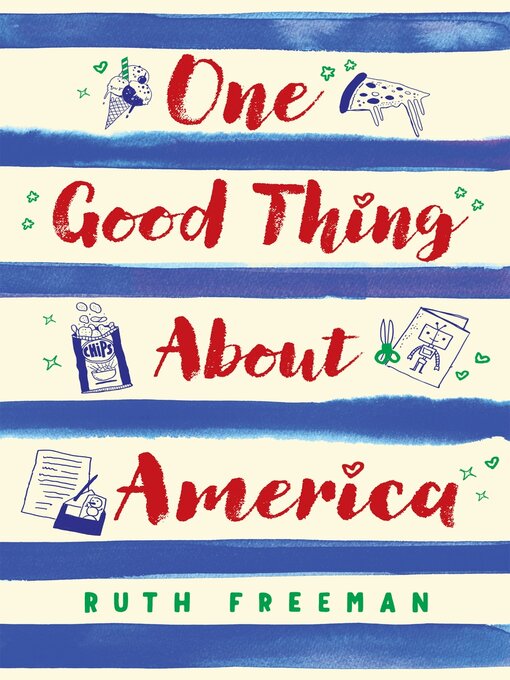It's always hard to start at a new school . . . and even harder if you're in a new country.
Back home, nine-year-old Anaïs was the best English student in her class, but here in Crazy America it feels like she doesn't know English at all. Nothing makes sense (chicken fingers?), and the kids at school have some very strange ideas about Africa.
Anaïs misses home. She misses their little house under the mango trees, and the family left behind—Papa and grandmother Oma and big brother Olivier. She worries about the fighting that drove her and Mama and little Jean-Claude to leave.
So she writes letters to Oma and tells her about Halloween, snow, mac 'n' cheese dinners, and princess sleepovers. She tells her all about the weird things Crazy Americans do, and how she just might be turning into a Crazy American herself.
Inspired by the author's work with students learning English, this sweet, often funny middle-grade novel explores differences and common ground across cultures. In contrast to a growing climate of fear and doubt, this story of a refugee child navigating her new life restores hope and reminds us that America is, in fact, a nation of immigrants where we must accept our differences in order to survive—and that's one very good thing.
- Available now
- New eBook additions
- New kids additions
- New teen additions
- Most popular
- Try something different
- See all ebooks collections
- Available now
- New audiobook additions
- New kids additions
- New teen additions
- Most popular
- Try something different
- See all audiobooks collections



